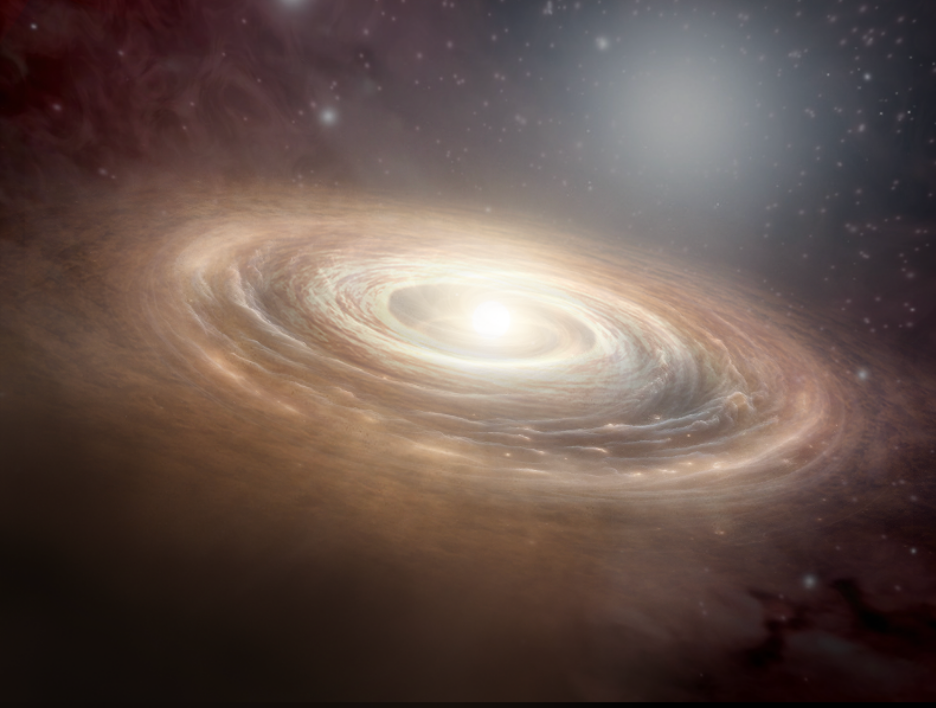Return

Theoretical Astrophysics Group of the CATA Center of Excellence meets at the Universidad de Concepción
Dozens of professionals participated in the meeting held on Monday, November 7th and Tuesday, November 8th at the premises of the Vice-Rectory of Research and Development of the University of Concepción.
In the context of a new stage in the work of the Center for Astrophysics and Related Technologies (CATA), a multidisciplinary team in theoretical astrophysical research met at the premises of the Universidad de Concepción (UDEC), in order to present the progress of their various works and define areas of cooperation.
The event brought together 33 people, including undergraduate and graduate students, postdocs and CATA academics. During both days the researchers presented the results of advanced simulations of supermassive black holes, astrochemical modeling, machine learning, among other subjects. In addition, several spaces of camaraderie were provided with the aim of forming collaborative networks among the participants.
Frontier science
The presentations were divided into several blocks: on Monday, “Simulations of massive black hole and star cluster formation” and “Simulations of individual and few objects” were presented, while on Tuesday, “Black hole accretion and evolution”, “Star formation and magnetic fields from sub-pc to galactic scales, including dwarf galaxies” and “Machine-learning projects” were discussed.
“These types of face-to-face meetings make for more effective connections to define the way forward. It is definitely better than a virtual meeting,” said Francisca Chabour, a student of the Bachelor’s Degree in Astronomy FCFM at the University of Chile and machine learning researcher, highlighting the formation of groups of students to study solutions to problems that arise.
Bidisha Bandyopadhyay, postdoctoral researcher at UDEC, works on modeling images of supermassive black holes to make predictions for the Event Horizon Telescope.
“Now, thanks to the meeting of the CATA theoretical astrophysics area, I have the possibility to interact with different people, get new ideas and think about different models, or even analyze if we can have some machine learning techniques that can exclude certain models instead of identifying them directly,” Bidisha commented.
Both statements highlight the potential of the computational tools available to CATA, in terms of the great challenges in the simulation of various astrophysical phenomena. All of the above with the objective of advancing in frontier science in the country par excellence for observation and development, as is Chile.
“In this area, an important aspect of “frontier” are the computational tools that are used, ranging from highly complex simulations of celestial objects on the best supercomputers in the country, to data science analysis to study the Universe, which not only contributes to the development of this science at the national level, but also in the formation of advanced human capital that can eventually be disseminated to industry, as we have seen in successful cases in the recent past,” added Andrés Escala, academic of the Department of Astronomy at the University of Chile and principal investigator of Area 7 of CATA.
A contribution to national observation
The researchers in charge of the organization of the activities declared both days as successful, in pursuit of the work that corresponded to them in complementing the observational efforts of the Center of Excellence.
The great progress of the postdoctoral projects, students and the exchange of experiences were highlighted by Professor Dominik Schleicher, who is an academic of the Department of Astronomy UDEC and who also holds the category of P.I. together with Doctor Andrés Escala. The professional indicates that it is key to “intensify collaboration among the various members of the group”.
“In relation to the education of the students we have made a relevant effort to improve their situation. For the future we plan to intensify collaboration on the basis of the projects discussed, and in the coming months we hope to extend our team by hiring postdocs Da Bi from China, Razvan Balasov from Romania and Andrey Zhiglo from Ukraine”, concluded Dr. Schleicher.
Recent news
-
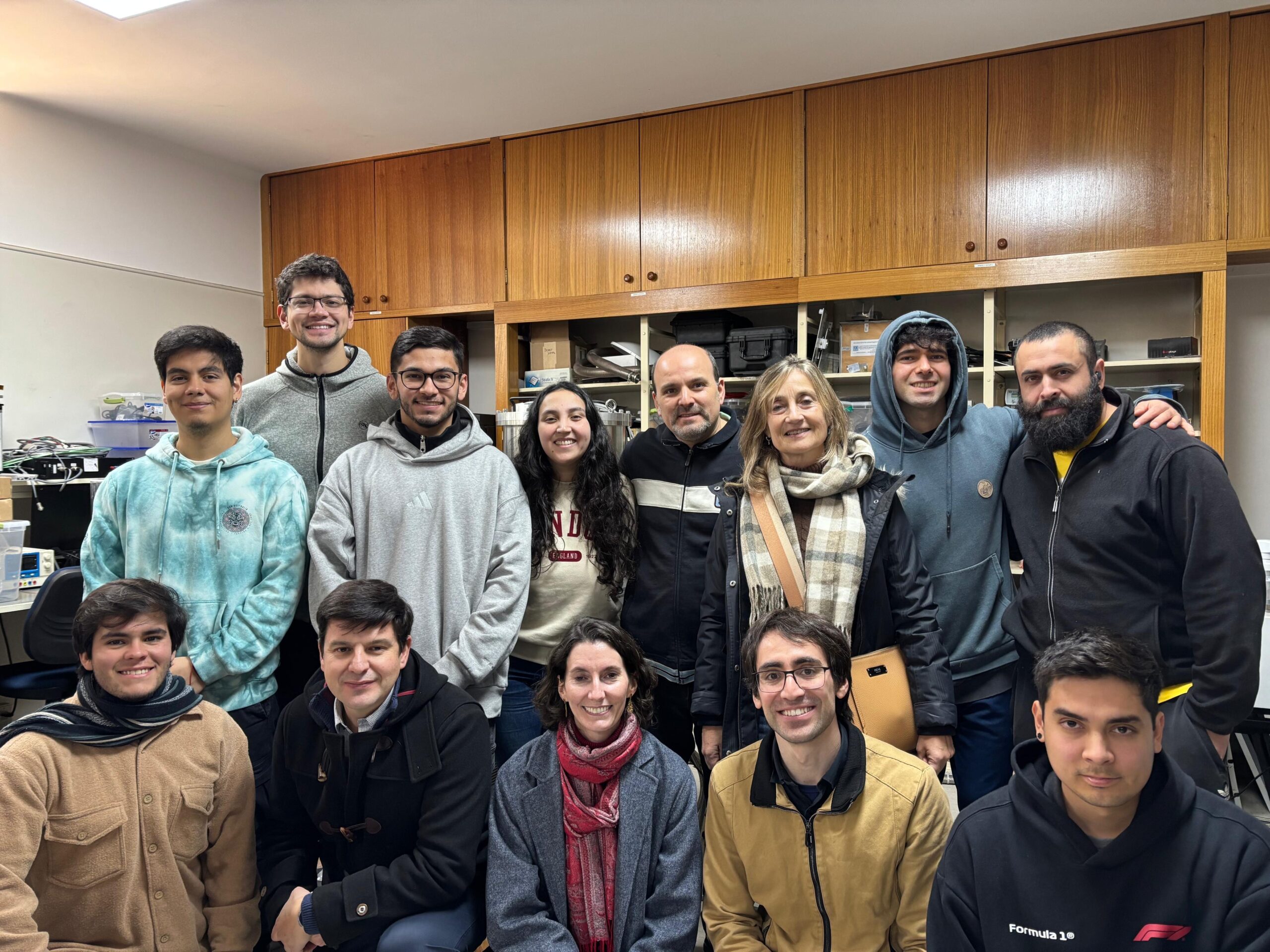 Publicado el: 30/06/2025CATA Director strengthens ties in her second institutional tour
Publicado el: 30/06/2025CATA Director strengthens ties in her second institutional tour -
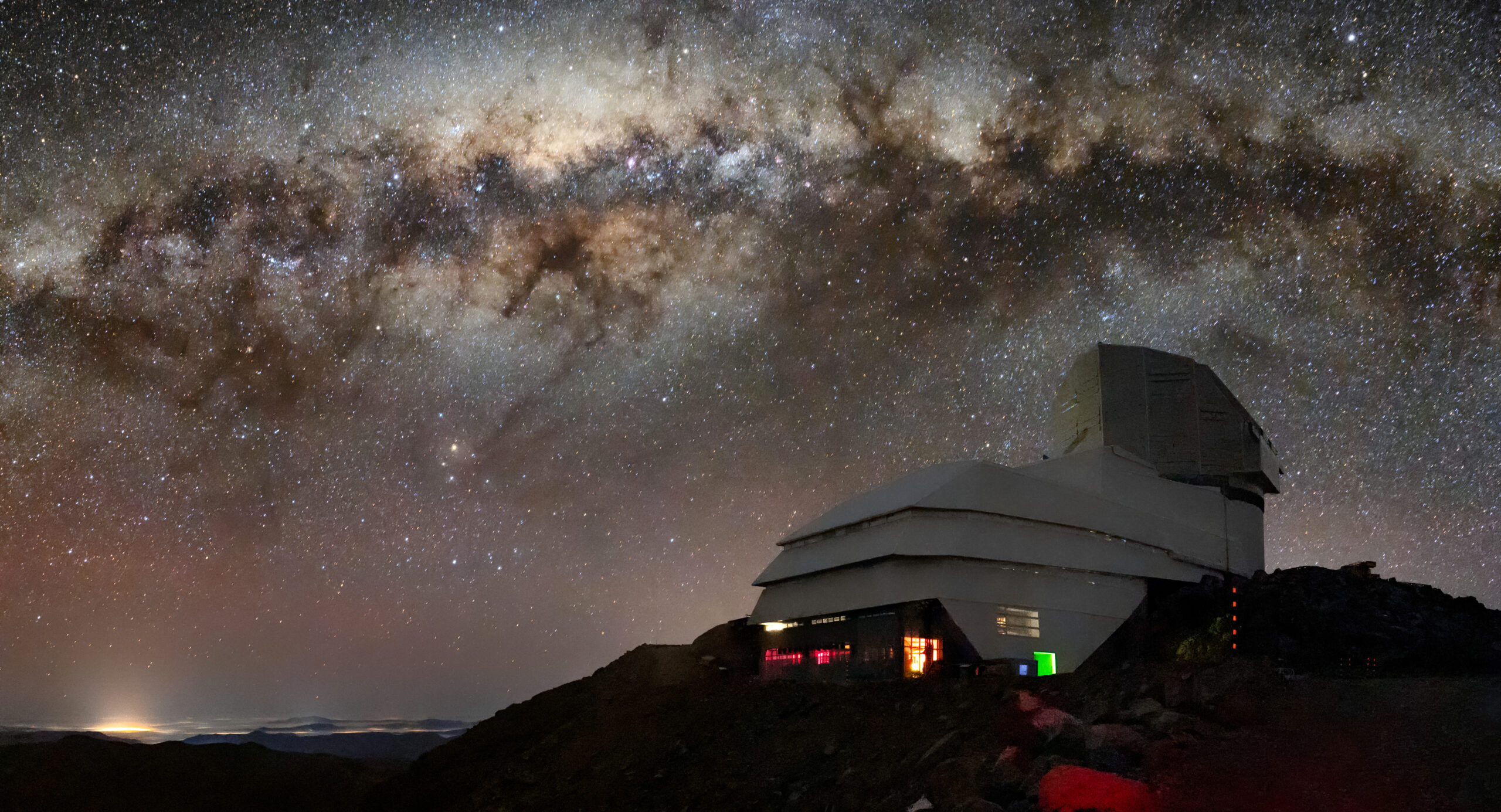 Publicado el: 26/06/2025Vera C. Rubin: the telescope that watches the sky and anticipates the future of astronomy
Publicado el: 26/06/2025Vera C. Rubin: the telescope that watches the sky and anticipates the future of astronomy -
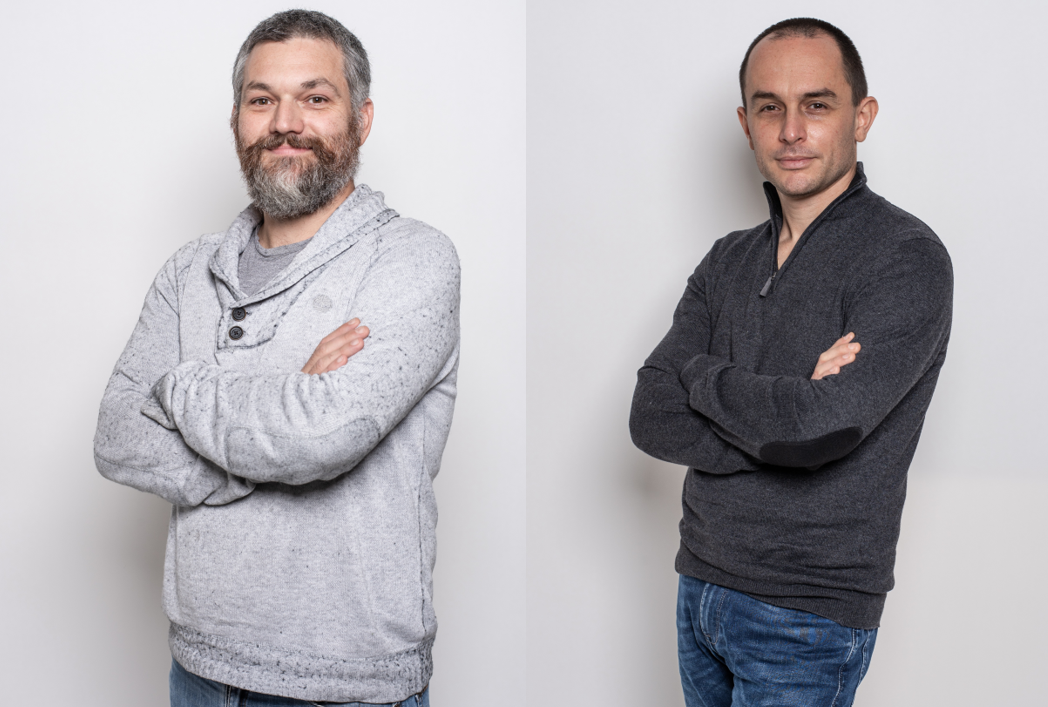 Publicado el: 25/06/2025CATA researchers appointed as Full Professors at Universidad Andrés Bello
Publicado el: 25/06/2025CATA researchers appointed as Full Professors at Universidad Andrés Bello -
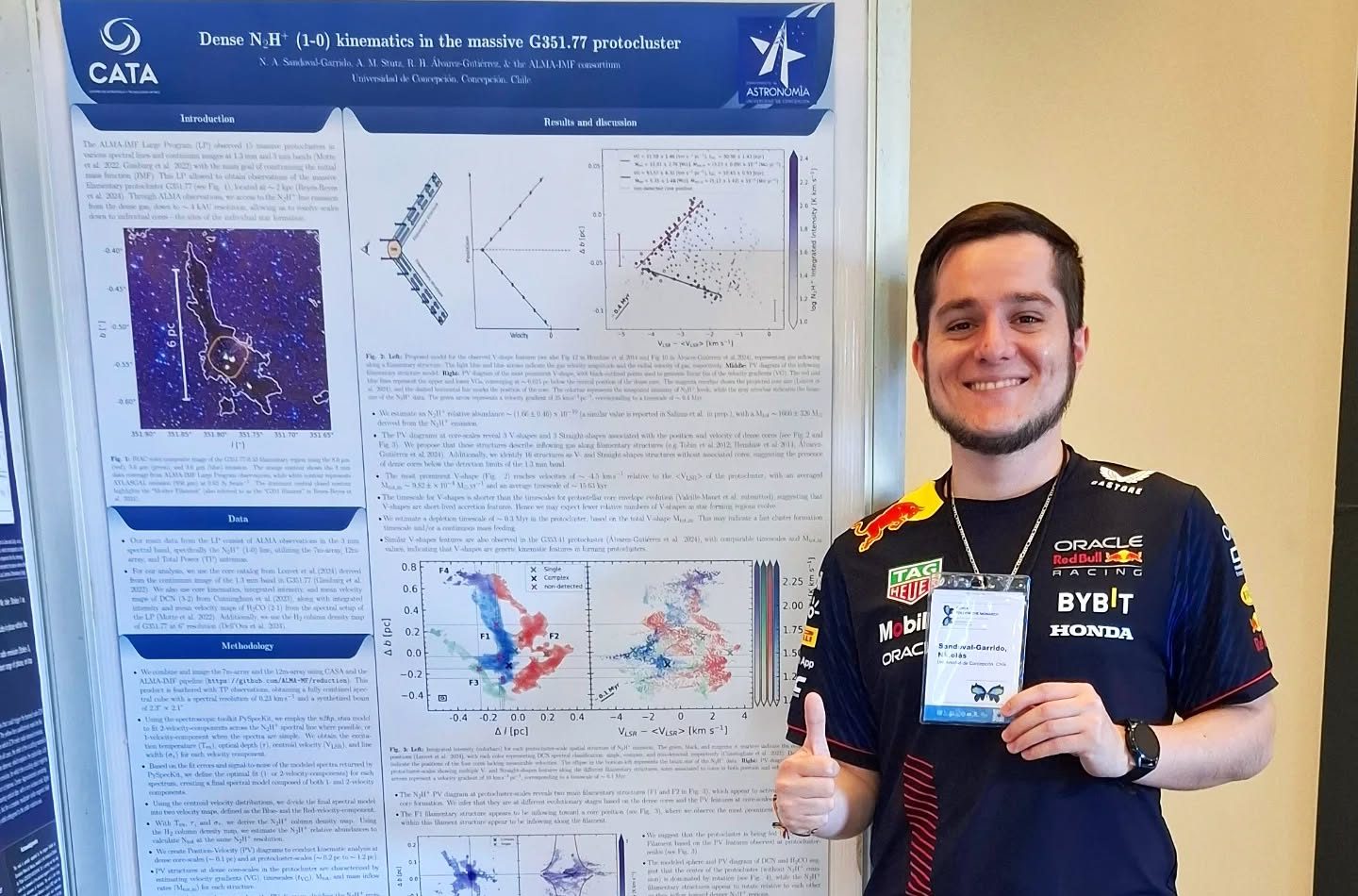 Publicado el: 25/06/2025Study by young Chilean astronomer reveals new key parameter for understanding star formation
Publicado el: 25/06/2025Study by young Chilean astronomer reveals new key parameter for understanding star formation -
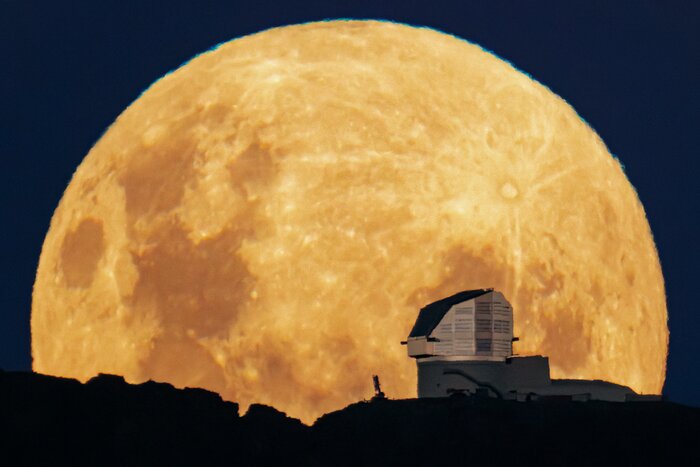 Publicado el: 19/06/2025Rubin: The Universe’s First “Movie” That Will Transform Astronomy
Publicado el: 19/06/2025Rubin: The Universe’s First “Movie” That Will Transform Astronomy
Categories list
- Acknowledgments 18
- Astrobiology 5
- AstroCluster 1
- Black holes 13
- Corporativo 49
- Cosmology 4
- Descubrimientos 19
- Disclosure 45
- Exoplanets 13
- Extension 4
- Galaxies 17
- Galaxies formation 2
- Inter y Transdisciplina 2
- Local Universe 13
- Publications 5
- Sin categorizar 31
- Solar System 11
- Stellar formation 6
- Technology 9
- Technology Transfer 12
